President Trump declares a national energy emergency, citing high fuel prices and the need to bolster domestic energy production. The unprecedented move aims to accelerate energy infrastructure, increase fossil fuel output, and fulfill Trump's promise of revitalizing American manufacturing.
President Donald Trump took an unprecedented step on Monday, declaring a national energy emergency in response to high fuel prices and the need to bolster domestic energy production. This executive order activates legal mechanisms that could significantly expand the government's ability to expedite energy-related projects.
While Trump did not specify which legal authorities the order would tap, analysts believe it could invoke the Defense Production Act to fast-track energy production, authorize emergency fuel purchases, or lift environmental restrictions on new projects. The International Emergency Economic Powers Act could also be utilized to block foreign energy imports.This declaration marks the first time a U.S. president has declared a national energy emergency. Although no president has ever taken this step before, there were regional energy emergencies in the 1970s due to fossil fuel shortages. During that period, President Jimmy Carter authorized state governors to temporarily ease certain environmental regulations, emphasizing the need to avoid unnecessary risks to public health and urging caution in resorting to such measures. Trump's move comes amidst concerns about rising gas prices, which currently average $3.13 per gallon, according to AAA. This figure, while down from the 2022 peak following Russia's invasion of Ukraine, remains higher than during Trump's first term when prices averaged $2.60 per gallon in 2019. Despite the executive order, analysts indicate that the United States is not currently facing a fuel shortage. The country remains the world's leading producer and net exporter of fossil fuels, with production at historic highs. Experts also project a near-term global oversupply of oil and gas, with supply exceeding demand. Nonetheless, President Trump has prioritized expanding domestic oil drilling. His administration plans to ease regulations, boost leasing on federal lands, and actively encourage companies to increase production. The administration views the emergency declaration as a response to economic challenges and energy supply concerns. While U.S. oil production reached record highs under the Biden administration, critics argue that regulatory hurdles slowed the approval of new energy infrastructure. By invoking the emergency, Trump's team hopes to streamline the permitting process for pipelines, refineries, and power plants. 'The inflation crisis was caused by massive overspending and escalating energy prices,' Trump said during his inaugural speech. 'We will rebuild our energy infrastructure and make America energy secure.' The executive order directs federal agencies to identify immediate actions to boost domestic energy supply. Agencies have been instructed to prioritize regulatory reforms and report progress within 30 days. Potential measures include emergency waivers for fuel standards and expanded leases for drilling on federal lands. Experts suggest that this move could face legal challenges, particularly from environmental groups. However, Trump's team remains confident in the plan's success, citing strong industry support
NATIONAL ENERGY EMERGENCY DONALD TRUMP FUEL PRICES DOMESTIC ENERGY PRODUCTION DEFENSE PRODUCTION ACT ENVIRONMENTAL REGULATIONS
United States Latest News, United States Headlines
Similar News:You can also read news stories similar to this one that we have collected from other news sources.
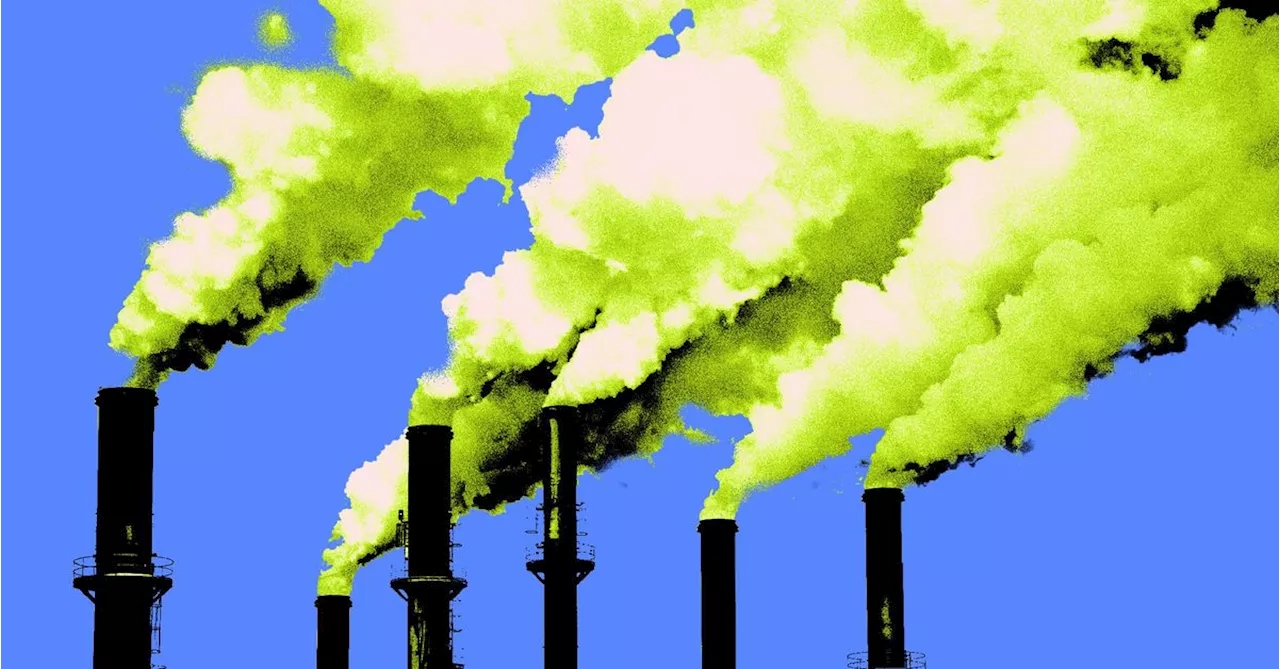 Trump Declares 'National Energy Emergency' to Boost Fossil FuelsPresident Trump has declared a 'national energy emergency', aiming to expedite the development of fossil fuel infrastructure. This move marks the beginning of Trump's efforts to prioritize oil and gas production while reversing prior climate goals. Trump intends to increase strategic energy reserves and promote US energy exports globally.
Trump Declares 'National Energy Emergency' to Boost Fossil FuelsPresident Trump has declared a 'national energy emergency', aiming to expedite the development of fossil fuel infrastructure. This move marks the beginning of Trump's efforts to prioritize oil and gas production while reversing prior climate goals. Trump intends to increase strategic energy reserves and promote US energy exports globally.
Read more »
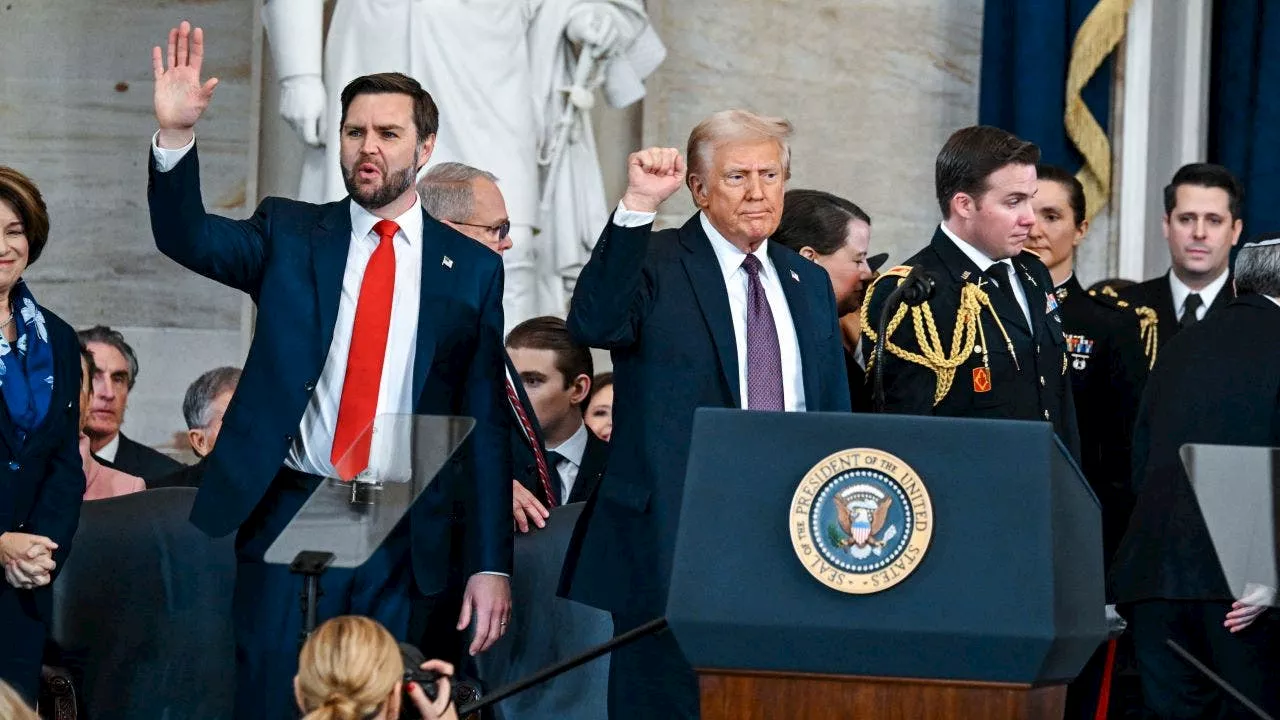 Trump Declares National Energy Emergency, Vows to Combat Inflation and Revitalize ManufacturingPresident Trump kicks off his second term focusing on boosting domestic energy production, reversing environmental regulations, and supporting the manufacturing sector to combat inflation and stimulate economic growth.
Trump Declares National Energy Emergency, Vows to Combat Inflation and Revitalize ManufacturingPresident Trump kicks off his second term focusing on boosting domestic energy production, reversing environmental regulations, and supporting the manufacturing sector to combat inflation and stimulate economic growth.
Read more »
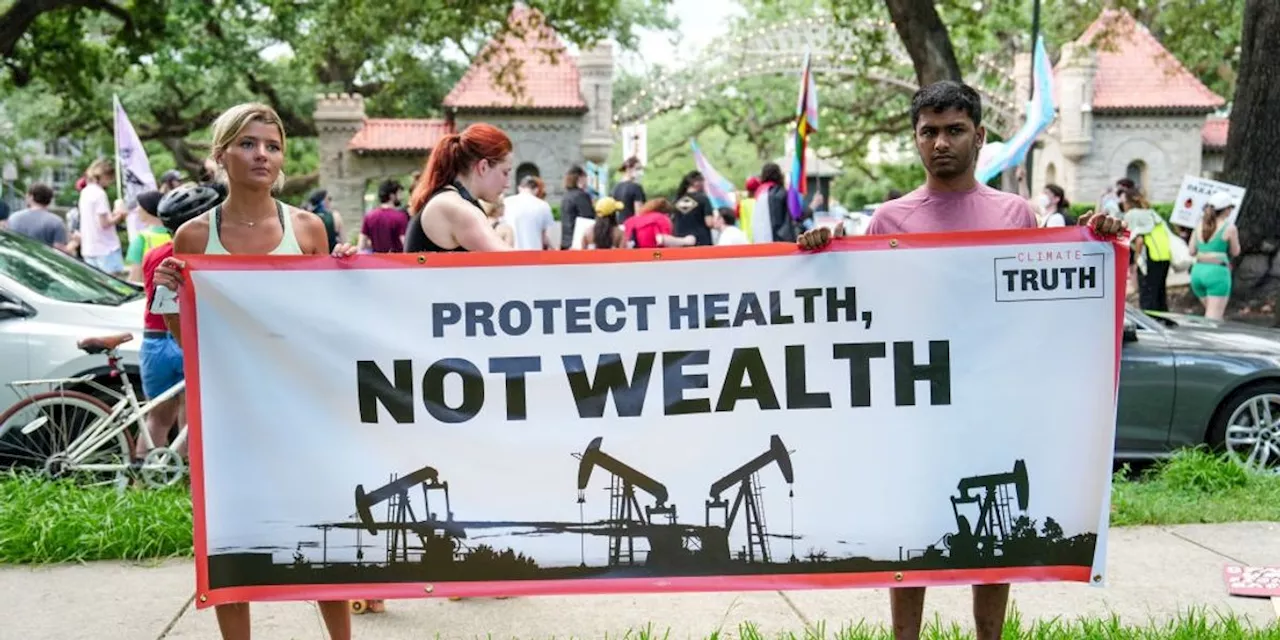 Trump Declares 'National Energy Emergency,' Triggers Alarm Among Environmental GroupsPresident Trump's inaugural address unveiled a plan to declare a 'national energy emergency,' aiming to fulfill his campaign promise of increased fossil fuel extraction. This move, along with other initiatives like withdrawing from the Paris climate agreement and easing LNG export restrictions, has sparked widespread criticism from environmental organizations.
Trump Declares 'National Energy Emergency,' Triggers Alarm Among Environmental GroupsPresident Trump's inaugural address unveiled a plan to declare a 'national energy emergency,' aiming to fulfill his campaign promise of increased fossil fuel extraction. This move, along with other initiatives like withdrawing from the Paris climate agreement and easing LNG export restrictions, has sparked widespread criticism from environmental organizations.
Read more »
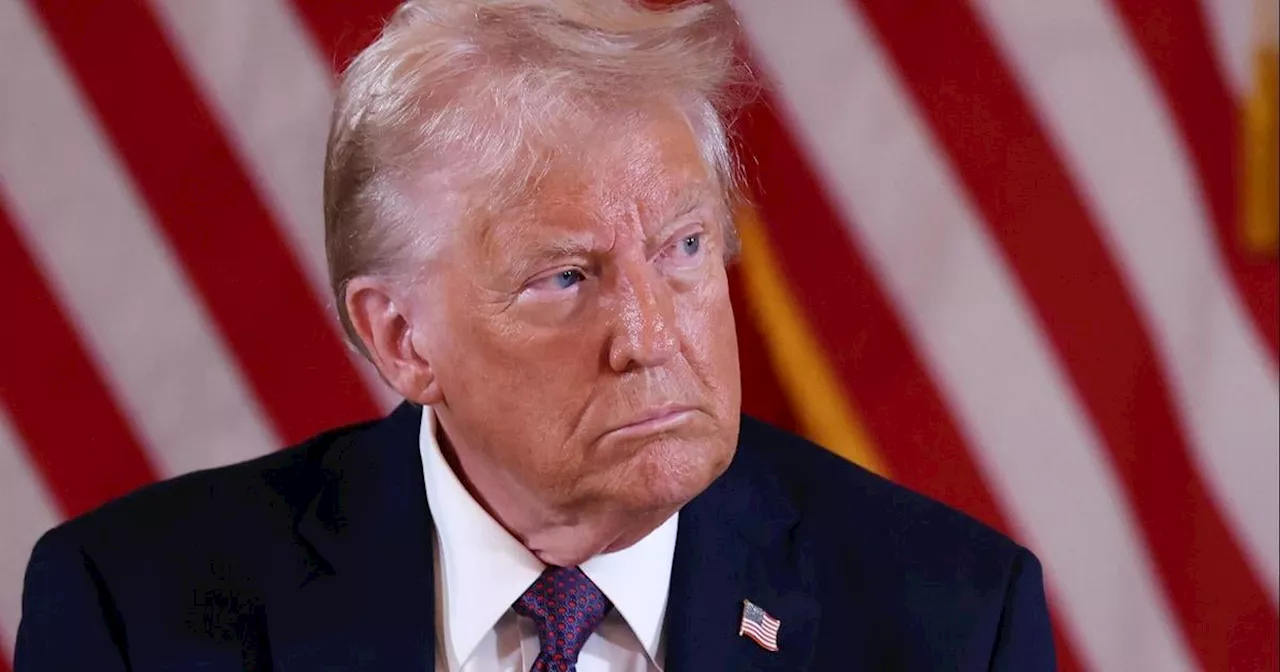 Trump Declares National Energy Emergency, Aims to Boost Domestic ProductionPresident-elect Donald Trump is set to declare a national energy emergency on his first day in office, focusing on unlocking Alaska's resources and ending what he calls 'the electric vehicle mandate.' Trump's goal is to increase domestic oil and gas production to lower prices for U.S. consumers. He also plans to sign a memorandum on inflation, blaming the Biden administration for rising prices.
Trump Declares National Energy Emergency, Aims to Boost Domestic ProductionPresident-elect Donald Trump is set to declare a national energy emergency on his first day in office, focusing on unlocking Alaska's resources and ending what he calls 'the electric vehicle mandate.' Trump's goal is to increase domestic oil and gas production to lower prices for U.S. consumers. He also plans to sign a memorandum on inflation, blaming the Biden administration for rising prices.
Read more »
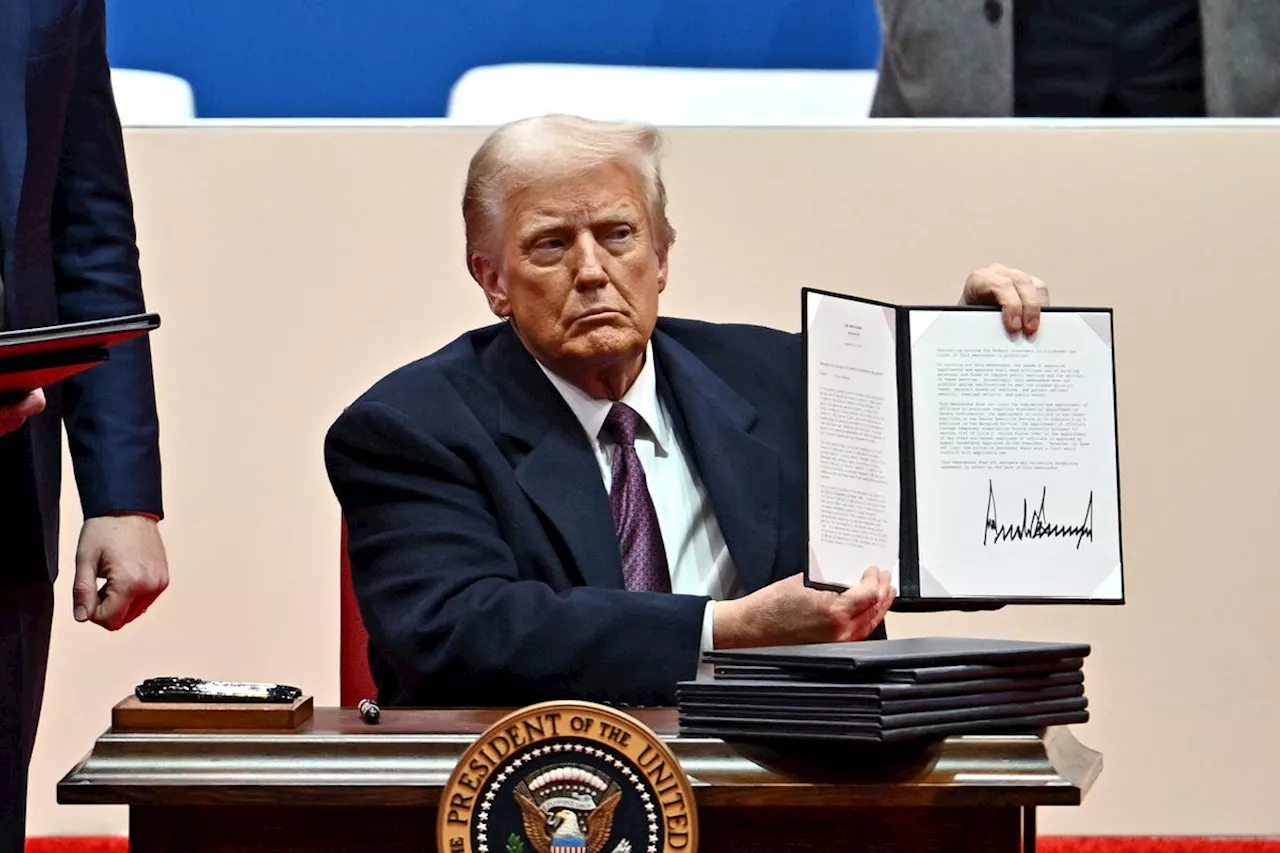 Trump Declares 'National Energy Emergency', Prioritizing Fossil FuelsPresident Trump declared a national energy emergency on his first day in office, aiming to boost domestic fossil fuel production and global dominance. This move, largely symbolic, could hinder renewable energy development and potentially weaken the Endangered Species Act. Trump's declaration comes despite the significant growth of clean energy during the previous administration and its potential to enhance U.S. energy independence.
Trump Declares 'National Energy Emergency', Prioritizing Fossil FuelsPresident Trump declared a national energy emergency on his first day in office, aiming to boost domestic fossil fuel production and global dominance. This move, largely symbolic, could hinder renewable energy development and potentially weaken the Endangered Species Act. Trump's declaration comes despite the significant growth of clean energy during the previous administration and its potential to enhance U.S. energy independence.
Read more »
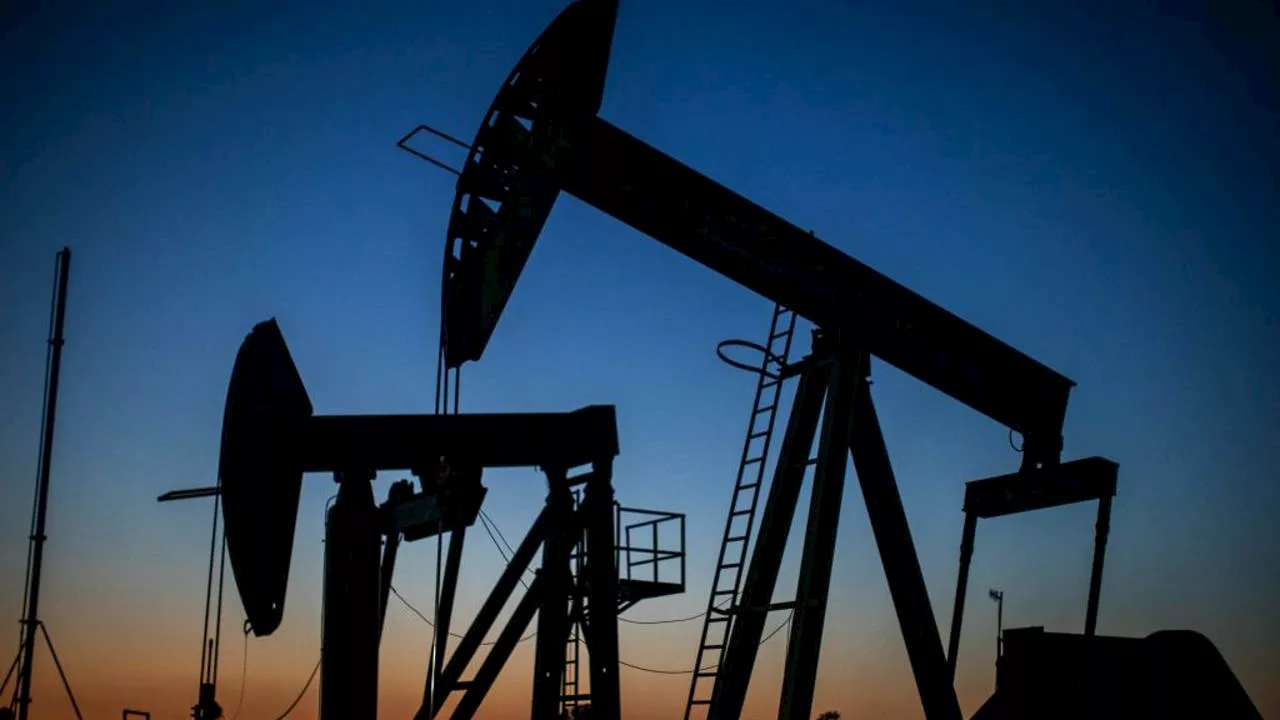 Trump Declares National Energy EmergencyPresident Donald Trump declared a national energy emergency, citing high fuel prices and the need to strengthen domestic energy production. The order aims to accelerate energy infrastructure, bolster fossil fuel output, and fulfill Trump’s promise to revitalize American manufacturing. This unprecedented move activates legal mechanisms that could significantly expand the government’s ability to expedite energy-related projects.
Trump Declares National Energy EmergencyPresident Donald Trump declared a national energy emergency, citing high fuel prices and the need to strengthen domestic energy production. The order aims to accelerate energy infrastructure, bolster fossil fuel output, and fulfill Trump’s promise to revitalize American manufacturing. This unprecedented move activates legal mechanisms that could significantly expand the government’s ability to expedite energy-related projects.
Read more »
